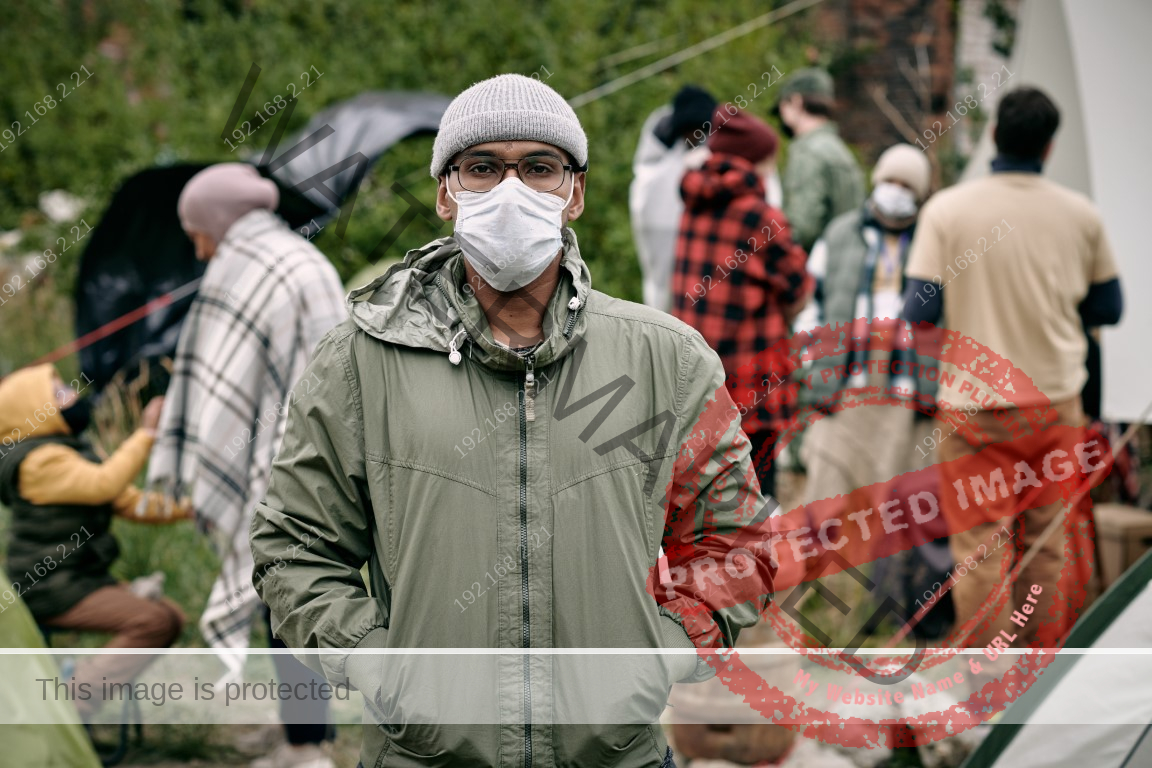In a significant move by the Canadian government, a temporary public policy has been established to address the predicament of refugees whose applications are in jeopardy following the cancellation of their initial sponsorship by a Sponsorship Agreement Holder (SAH). This new directive, announced by the Hon. Marc Miller, Minister of Citizenship and Immigration, aims to alleviate the challenges faced by these refugees, ensuring their resettlement applications continue to progress despite setbacks.
Background and Necessity of the Policy
The cancellation of a Sponsorship Agreement poses a critical barrier to refugee applicants who find their sponsorship invalidated while their application is still being processed overseas. These applicants are subsequently issued a Procedural Fairness Letter (PFL), which notifies them of the loss of valid sponsorship and grants them a 90-day window to secure a new sponsor. Failure to find a sponsor within this timeframe would result in the refusal of their resettlement application.
This policy intervention is designed to complement other administrative measures aimed at facilitating the search for new sponsors. Specifically, it allows Groups of Five (G5) and Community Sponsor (CS) groups to sponsor these refugees, even in the absence of a Refugee Status Determination (RSD) document typically required under Canada’s Private Sponsorship of Refugees program.
Key Provisions and Considerations
The public policy provides crucial exemptions under section 25.2 of the Immigration and Refugee Protection Act (the Act) and specific provisions of the Immigration and Refugee Protection Regulations (the Regulations). Here are the essential elements:
Eligibility for Exemption: Refugees whose SAH sponsorship has been canceled and who have received a PFL are eligible. The exemption is contingent upon them not yet having exhausted the 90-day period to find a new sponsor.
Regulatory Exemption: The exemption specifically pertains to Paragraph 153(1)(b) of the Regulations, which requires a sponsorship application to include an RSD document issued by the United Nations High Commissioner for Refugees or a foreign state. This requirement is waived, allowing G5 and CS groups to sponsor without this document.
Impact and Strategic Importance
By waiving the RSD requirement, the policy significantly broadens the potential pool of sponsors, enhancing the prospects for affected refugees to secure new sponsorship ties swiftly. This is particularly important considering many impacted applicants have established family and community connections in Canada and may have been in the resettlement process for extended periods.
While this policy provides a critical stopgap for refugees at immediate risk of application refusal, it is part of a broader array of strategies needed to address systemic issues within the refugee sponsorship framework. Applicants must still meet all other regulatory and legislative eligibility and admissibility requirements, including those related to criminal, security, and health grounds.
Set to expire 24 months after its implementation, this temporary public policy reflects a responsive measure by the Canadian government to unforeseen disruptions in the refugee resettlement process. It underscores a commitment to uphold Canada’s humanitarian obligations, even in the face of administrative challenges.












